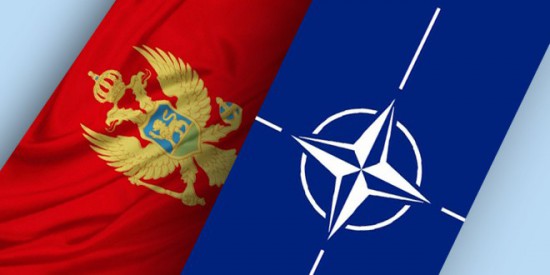Montenegrins Vote Online to Stay out of NATO
Thousands of Montenegrins have taken part in an online referendum on the country’s military status organised by a pro-Russian NGO – as pressure continues on the government to hold a national referendum on the issue.
More than 10,000 people have taken part over two weeks in an online referendum on the military status of Montenegro, the pro-Russian organization behind the vote said.
The vote is a move to pressure the authorities to organize a national plebiscite on NATO membership. The Montenegrin Movement for Neutrality said that more than 7,000 of the people who had voted online had backed retaining military neutrality. The movement launched the online referendum in March, saying the latest polls showed most Montenegrins wanted any decision on NATO membership to be put to a referendum. People need “to make their voice heard, whether they are for or against NATO or for neutrality,” the organization’s director, Marko Milacic,m told BIRN on Tuesday.
NATO invited Montenegro to join the Western military alliance on December 2, 2015, which the government in Podgorica accepted the following day. The decision triggered protests in December and January, when thousands of opponents of NATO took to the streets, calling for Prime Minister Milo Djukanovic to resign.
Opposition parties have also demanded a referendum before NATO entry is formalized next year – mirroring demands made by Russian officials. Some 55,000 Montenegrins reportedly signed a petition by April 1, organized by the opposition Socialist People’s Party, urging the government to hold a referendum om NATO.
The Russian Foreign Ministry has said Montenegro should hold a referendum on NATO membership as “less than half of the country’s population backs joining the military alliance.”
By law, a national referendum may be held on the President’s or government’s initiative, following a demand by at least 25 of the 82 lawmakers of parliament, or following a request submitted by 10 per cent of all registered voters, which is 52,806 citizens. The government has repeated that Montenegro has no constitutional obligation to hold a referendum on membership of international organizations, noting that only a few NATO member countries organized such a vote. The government has also said that the general elections scheduled for October 2016 will be a de-facto plebiscite on NATO membership.
Montenegrins are almost equally divided over joining NATO. The latest opinion poll conducted by the local Damar agency said that 47 per cent of Montenegrins favour joining NATO, 39 per cent are against while 14 per cent are undecided.
NATO remains a controversial top among members of Montenegro’s large ethnic Serbian community because of the role it played in enabling Kosovo to break away from Serbia. They also resent the way the pro-Western government has loosened ties with Montenegro’s traditional ally, Russia.
If Montenegro does join NATO, it will be the third former Yugoslav republic to do so, after Slovenia and Croatia.
13 April 2016

